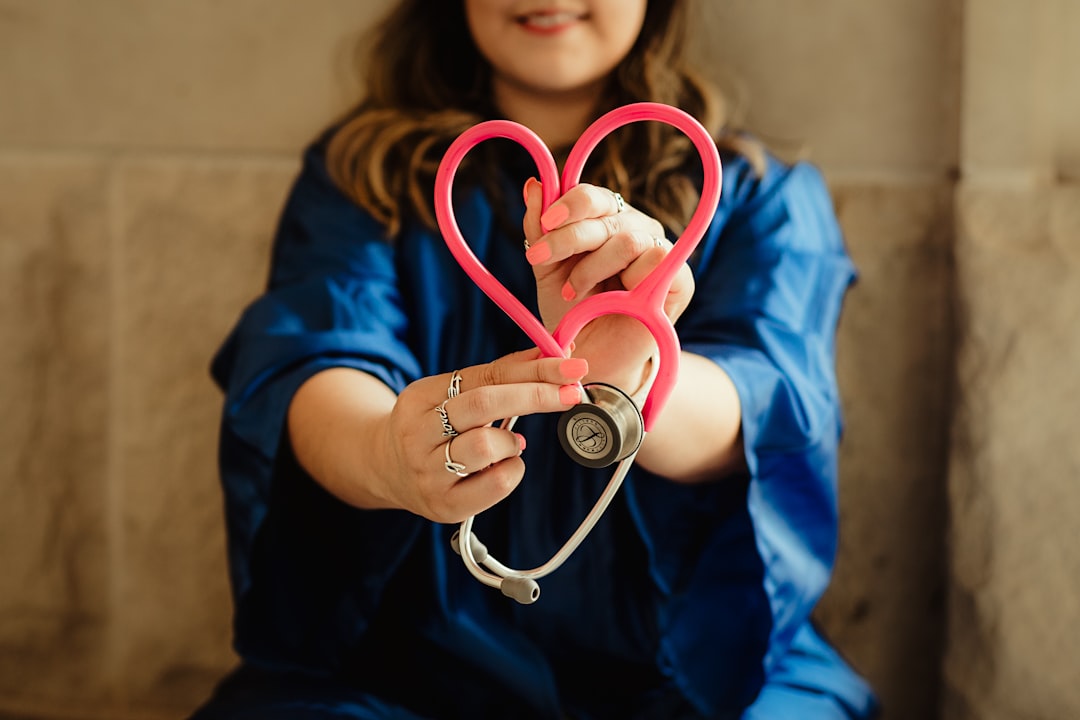
This is a bit of weird one today but I’ve been wanting to write it for a while.
I have met people who want children or want another child but then say they can’t go through with IVF. Or couldn’t when it was their time.
Of course I respect personal decisions and I don’t know all of the reasons why someone wouldn’t go through…


